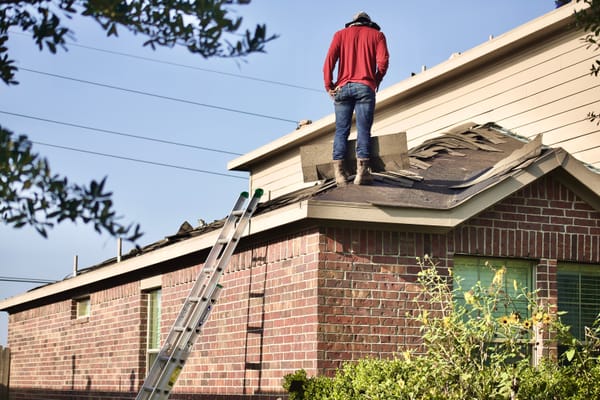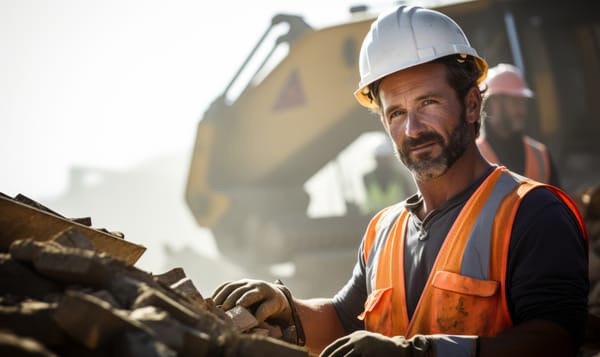Even if you’re pretty good at DIY and you have a fair idea of what needs doing around your home, it’s still usually best to call in experts who can help you. After all, the jobs you need to do are the jobs the professionals do all day, every day, so they’re going to be quicker, more efficient, make fewer mistakes (and ideally no mistakes!), and the end result will look better too. It just makes sense to pay people to do a good job rather than using up your precious time and energy to do a mediocre one. And besides, even though you need to spend money, think of the money you’d have to spend if you made a mistake and had to put things right. You might even save money with professionals on board!
No matter what your reason for hiring expert contractors, you’re going to want to make sure you’re getting the best value for money you can, and that means hiring reliable people to do the work for you. In that way, you can be sure the job will get done to budget and to the specs and standard you want. With that in mind, here are some of the things you need to do to find and use a reliable contractor.
Know What You Want
It might be perfectly possible to hire a professional plasterer, roofer, plumber, electrician, interior designer, or anyone else, and just let them have free reign in your home, coming up with their own ideas and putting them in place. It might be possible, but it’s not the best plan of action, especially as you may not like the ideas they have. Plus, finding a good contractor who works in that way is going to be a challenge.
That’s why it makes a lot more sense to know what you want before you hire anyone. Even if you don’t know all the ins and outs of the job because you need a professional plumber to deal with that for you, knowing what the end result should be is crucial. That gives you something to measure up the work to, and it gives the contractor something to aim for - everyone’s happy.
Knowing what you want also means you’ll hire the right people (the ones who can definitely do the work), giving you a far better chance of a reliable contractor and a far better chance of a lovely home at the end of the job.
Get References
So you know what you want and you know what kind of professional you need to hire. That’s a good start, but when you realize there are thousands of potential contractors who fit the bill, it can all start to get a little overwhelming. It might even make you not want to continue with the work and just leave things as they are, which is a shame.
That’s why it’s a good idea to reach out for some references from your family and friends who are previous customers of the contractors themselves and who can give you some names and contact details to follow up on. Not only will this instantly reduce your list and make things a lot more manageable, but you’ll also know that you’re starting off on the right foot - no one’s going to recommend people who weren’t reliable and couldn’t do the work, are they?
Check Paperwork
Depending on the work that needs doing, the contractor you want to hire might need specific qualifications and licenses - take electricians and gas workers, for example; they aren’t legally allowed to work without certification to prove they’re safe.
When you’re looking for a reliable contractor, don’t forget to ask to see their paperwork. Even if they seem like the greatest option and you’re happy with their price, checking their licenses and qualifications is a must because if they don’t have them, it could lead to many more problems than you would expect. In the worst cases, they might be doing dangerous work, and your home and family could be at risk. Even if that’s not what happens, any insurance claim or survey done when you come to sell the house will quickly spot any issues with paperwork, and your claim might be rejected, and you could lose your sale. It’s far better to check everything’s above board before any work is done than to have to deal with it later when the repercussions can be much worse.
Ask Questions
Finally, don’t be afraid to ask questions when you’re contacting each contractor. You can think of it like a mini interview, and you’re looking for the workers who know the answers or have ideas about how to improve things.
Make sure you ask everyone the same questions so you can compare and contrast and work out which contractor is going to be the most reliable.



